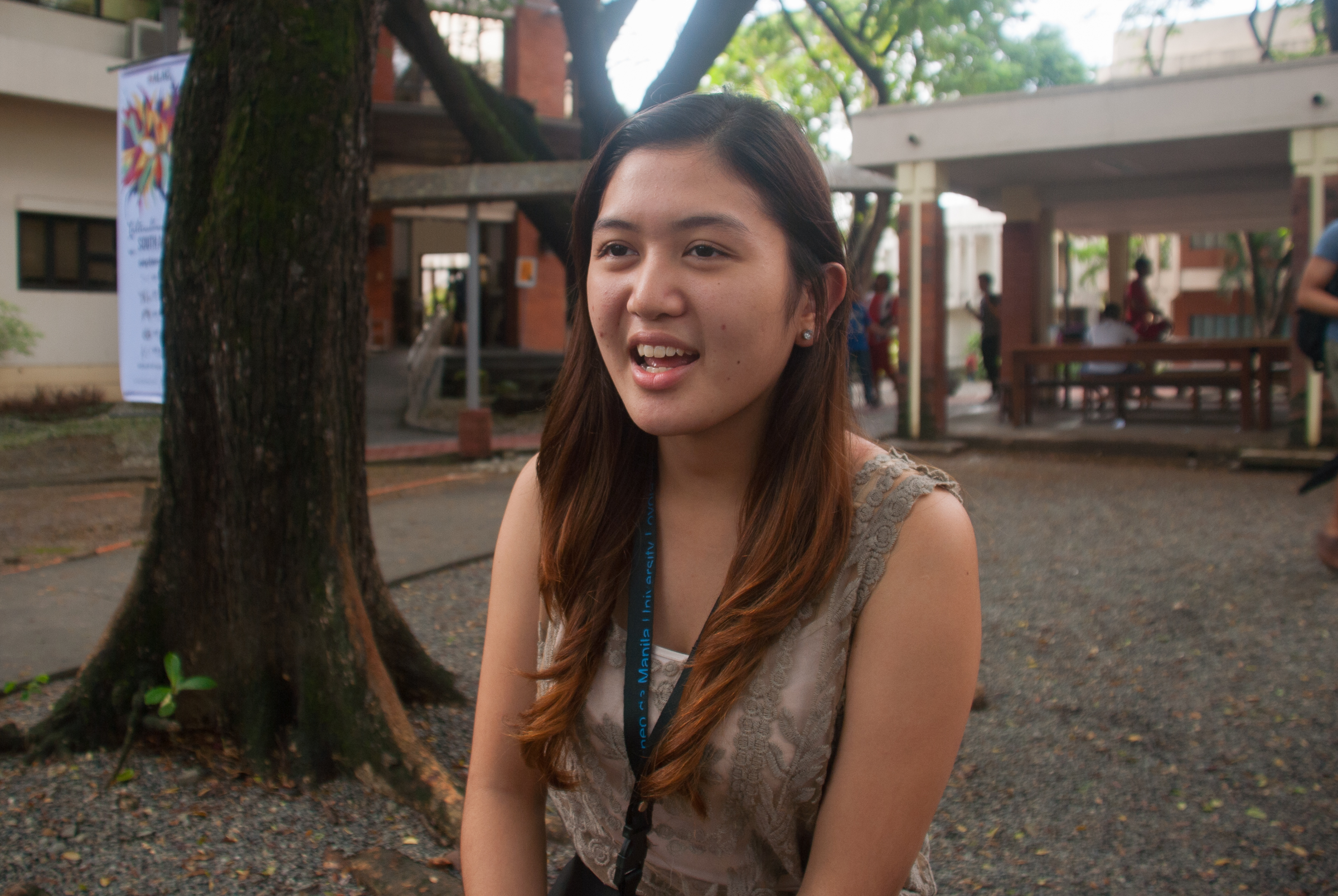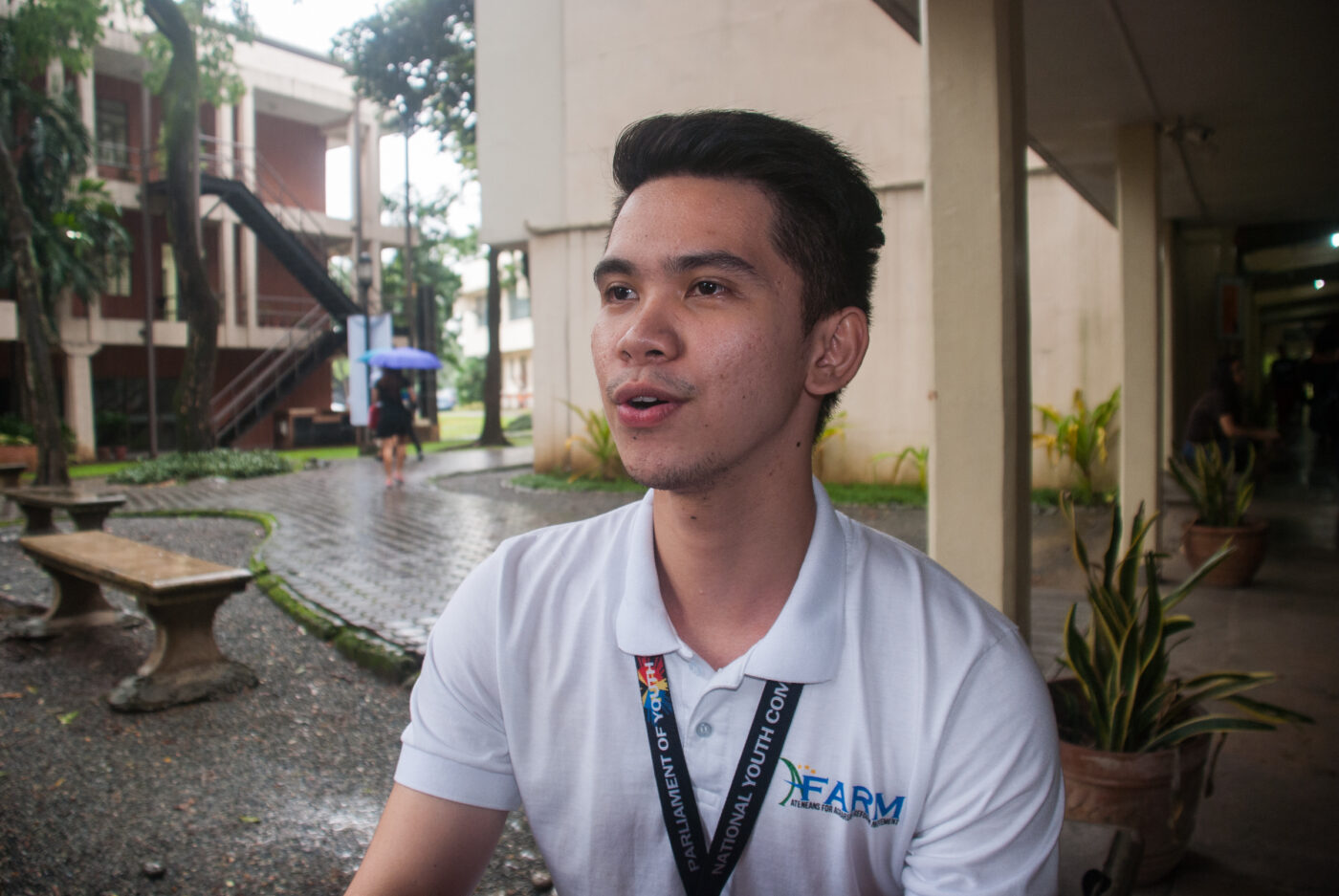THE ATENEANS for Agrarian Reform Movement (Afarm) expressed their discontent with President Benigno “Noynoy” Aquino III’s 2014 State of the Nation Address (SONA) in a statement released on August 12.
The SONA is an annual event wherein the president of the Philippines presents the current economic, political and social situation of the country.
In their statement, Afarm said that the SONA delivered by Aquino on July 28 contained inaccurate facts and figures regarding agrarian reform.
Afarm disclosed that there was only a commitment to submit the Notice of Coverage (NOC) Extension Bill to the Congress. However, in his SONA, Aquino said he has certified its passing as urgent.
The NOC Extension Bill proposes to extend the issuance of NOCs beyond June 30, the expiration of the land acquisition and distribution component of the Comprehensive Agrarian Reform Program Extension with Reforms (Carper) Law.
Carper is the five-year extension of the Comprehensive Agrarian Reform Program (CARP), which mandates the redistribution of public and private agricultural lands to landless farmers.
The NOC is a receipt that puts agricultural lands for distribution to landless farmers at state-subsidized rates.
Afarm also noted that Aquino voiced the Department of Agrarian Reform’s (DAR) claim to have distributed 466,164 hectares of land from July 2010 to June 2014, as reflected in Aquino’s SONA.
In an interview with The GUIDON, Afarm Research and Advocacy Head Urania Lindo said, “As much as we would like to think that [these inaccuracies] are an honest mistake, we think that the [discrepancies are] too big for it to be a mere lapse.”
Afarm expressed their concern, in their statement, over “the lagging state” of Aquino’s administration in handling agrarian reform, which was inaccurately represented in the SONA.
“We urge the president to take certain crucial steps in order to ameliorate the state of the agrarian reform before his term ends,” asserted Afarm.

STILL FIGHTING. Afarm remains hopeful that President Benigno “Noynoy” Aquino III will follow through with his promises on implementing agrarian reform. In this photo: Afarm Research and Advocacy Core Member Madeleine Ong (Photo by Isabella Olivares)
Challenges for agrarian reform
In an interview with The GUIDON, Afarm Head Ace Dela Cruz said that Aquino’s administration is failing to give sufficient attention to agrarian reform.
He attributed the problem to three primary difficulties: Lack of government support, strong landowner resistance and the DAR’s ineffectiveness to address the situation of agrarian reform.
He noted that DAR has been financially crippled by the Congress since the inception of CARP, placing severe constraints on its full implemention.
Dela Cruz added that DAR’s budget in implementing land reform has also been significantly cut. The budget of DAR was reduced from ₱20.003 billion for 2014 to ₱10.26 billion for 2015.
With regard to strong landowner resistance, Dela Cruz pointed out that because land is one of the most profitable commodities in the Philippine economy, landowners and real estate firms have used tactics in hindering the implementation of land redistribution. According to him, these efforts range from corruption to human rights violations.
Likewise, Afarm Research and Advocacy Core member Madeleine Ong said that there is a lack of attention in reported and unreported cases of agrarian-related killings, land grabbing and cases of harassment among farmer communities.
Lindo said that a market-driven government even “supports policies that reverse agrarian reform,” such as allocating special economic zones for multinational companies.
In terms of DAR’s ineffectiveness, Dela Cruz said that the department often fails to realize its mandate as a “social justice program.” He said that most DAR secretaries and top officials have only given half-hearted commitments in executing CARP.
Afarm noted in its statement that DAR only had a yearly average distribution rate of 120,000 hectares from 2010 to 2013 as compared to its original annual target of 200,000 hectares.
Both Lindo and Ong said that the current administration has been yielding the lowest results in the 25-year long history of CARP.
Moreover, Lindo shared that some major hindrances to agrarian reform are the absence of enabling laws, like the National Land Use Act (NLUA) and Freedom of Information (FOI) bill, which will allow for full transparency on the government’s efforts for agrarian reform.
As stated in the act, NLUA aims to provide a “rational, holistic and fair allocation, utilization, management and development of the country’s land resources to ensure optimum use.” On the other hand, the FOI bill aims to mandate the disclosure of documents held by the national government to the general public.

STILL FIGHTING. Afarm remains hopeful that President Benigno “Noynoy” Aquino III will follow through with his promises on implementing agrarian reform. In this photo: Afarm Research and Advocacy Head Urania Lindo (Photo by Isabella Olivares)
Hope for agrarian reform
Despite the inaccuracies found in Aquino’s SONA, Afarm said in their statement that they remain hopeful over the promise of Aquino to fully implement agrarian reform-related programs before his term ends.
Dela Cruz believes that Aquino should pressure DAR in living up to “its constitutional mandate to be the champion of small farmers.”
“Land reform is one crucial step before we can fully industrialize our country. It makes sure that no one is left behind in the national development, most especially the agricultural sector where most of the country’s poor reside,” said Dela Cruz.
On the other hand, Ong proposes that the Department of Justice and the Commission on Human Rights focus on the violations against farmers and indigenous people in rural areas.
She said that Afarm will continue to strengthen its ties with partner farmer organizations, youth groups and university student councils in advocating for agrarian reform.
As for Lindo, she said that Afarm is now even more determined to disallow the government from sweeping the issue of agrarian reform under the rug even if the attention towards it dwindles.
She reiterated Afarm’s stance that they “will remain vigilant until social justice becomes concretized through land reform.”







